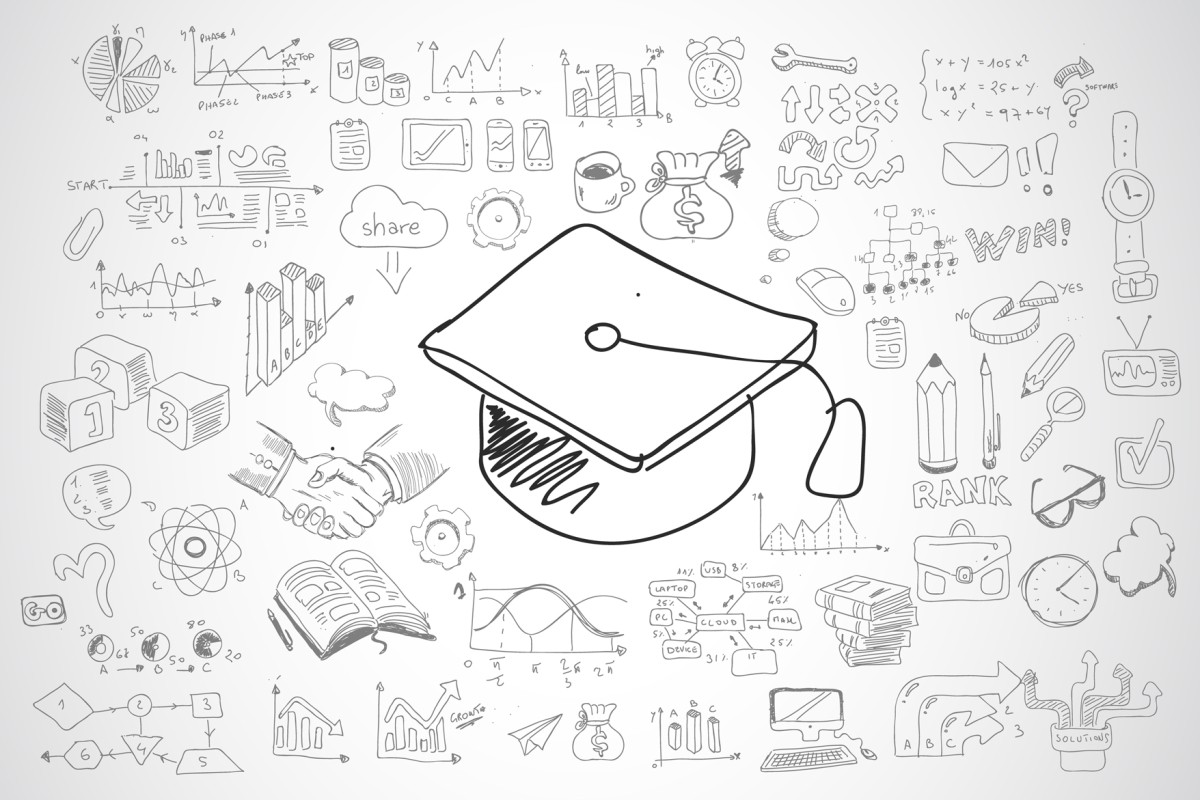
The liberal studies DSE report: what students could have done to improve their scores
The liberal studies exam report is out – and we looked into where students went right or wrong in their answers

According to the Hong Kong Examinations and Assessment Authority (HKEAA), out of the 60,011 candidates that took the 2016 HKDSE liberal studies exam, some 88.7 per cent passed.
Young Post spoke to secondary school liberal studies teacher Cheung Yui-fai and Modern Education tutor H.Y. Fung, who analysed this year’s liberal studies exam report and explained how students can maximise their scores in next year’s exam.
What students are failing to do
It would appear that the key to getting a high score lies in your ability to identify information and concepts to give weight and support to your answers, they both agreed. Most students struggled to use and interpret data given – especially when answering Paper One Q2. Some students were unable to grasp the concepts behind unfamiliar technical terms, and couldn’t refer to them when writing an answer.
A section of Q2 asked if students agreed with the idea that “a more representative composition of the Election Committee for the Chief Executive and the Legislative Council would enhance the global competitiveness of Hong Kong”. A source was provided, detailing the composition of the Legislative Council and the Election Committee for the Chief Executive in 2012 – and students were asked to examine this source and apply the data to their answer. They were also asked to discuss Hong Kong’s performance in terms of democracy and global competitiveness, and to examine the relationship – if there was any – between the Democracy Index and the Global Competitiveness Index.
Don’t forget to apply your own knowledge
Although students had to use the sources, they were expected to apply their own knowledge, too. Both the report and Fung said that some candidates didn’t seem to have a clear idea of how Hong Kong’s Chief Executive is actually elected.
Fung added that some candidates overlooked important concepts and keywords in the questions. Paper One 1a asked students to describe the trends farming in the city as shown in a source – but students didn’t pay enough attention to the keyword “trends”. Simply giving figures and quoting the source wasn’t what the examiners were looking for, Fung said.
In Paper One 1c, students were asked to explain how urban farming can improve the quality of life for Hong Kong citizens. Fung said the exam report revealed that most answers only covered a few aspects of the concept of “quality of life”. Students should have divided this term into material and non-material benefits. Source C talked about the environmental impact of urban farming, so students should have looked at how improved air quality and larger spaces would have a positive influence on Hongkongers. An even better answer would have also discussed what specific gender or age groups would benefit the most.
Explain the key terms
Cheung said students needed to focus more on explaining key terms, as the report found that some candidates skipped this step. Paper One 3b required students to identify and explain two difficulties in tackling HIV as a global problem.
Only a few candidates noted the crucial words “difficulties” and “global”. Cheung said students needed to explain why the virus is a global issue, before talking about the difficulties in tackling this problem. Students should have referred to related concepts, like poor governance, a lack of financial resources, low education levels and medical costs.
Cheung added that a lot of students find it difficult in general to deviate from the sources provided and apply their own knowledge to unfamiliar topics.
“If you encounter a question like the HIV one, you should think about [similar issues]. You could mention the Zika virus – also a global problem. Apply the concepts and use the sources,” says Cheung.
Don’t make lists when evaluating
Both teachers told Young Post that this year’s Paper Two was easier than in previous years because the topics mentioned – the two-child policy on the mainland, the city’s traditional businesses, and youth socio-political participation – were more straightforward. Many of the questions tested the students on their explanatory ability. But in questions that asked for “evaluations”, Cheung said “explanation” or “listing” was not necessary.
3b, for instance, asked students to evaluate how effectively social media can enhance or boost participation in political and social issues. This question, Cheung said, required an answer that discussed the effectiveness of social media itself, not merely a list or a definition of what social media is.